The many surprising ways women's bodies change as we get older
From a difference in breast size to an altered palette, you might not have realised these ways women's bodies change as we get older...


There are numerous ways in which women's bodies change as we get older. When we go through the perimenopause and then menopause, classic symptoms like hot flushes and mood swings probably come to mind - however there are many lesser-known ways our health evolves too.
Indeed, the natural hormonal changes that take place during this life stage can impact everything from skin, hair and teeth to muscles, body shape and cognition. Understanding how you look and feel can alter as you get older, and can better empower you to take proactive steps to look after your wellbeing.
While you shouldn't be alarmed if you start to notice mental and physical changes as the years go by, it is important to seek the right expert support - such as with a doctor or dentist. In the meantime, we've rounded up the many - often subtle - changes to be alert to...
32 surprising ways women's bodies change as we get older
Your metabolism may slow
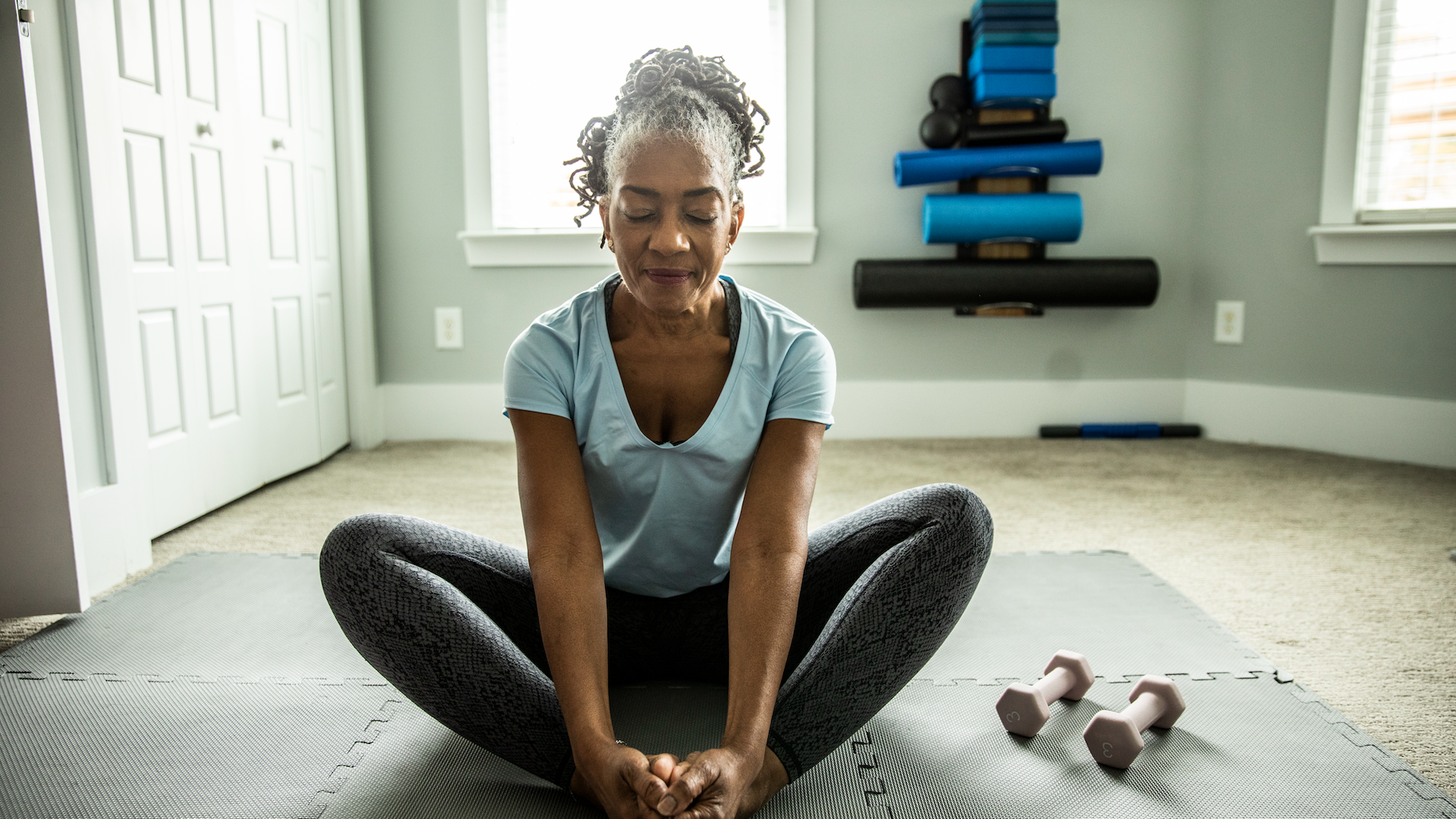
"From your 40s, your metabolism can slow - making weight harder to manage," says Dr Reem Hasan, an NHS GP and chief medical officer at Vista Health. "This can be despite similar eating and exercise habits, which can feel frustrating." If you're concerned about a change in size, even if you are maintaining the same lifestyle as before, a good starting point is to talk to your GP.
You may lose hair

"Oestrogen helps to elongate the hair growth cycle, and so as the production of oestrogen declines, the hair cycle shortens - leading to increased shedding," explains Dr Puroshini Pather, a hair transplant surgeon at Treatment Rooms London and expert in menopausal hair loss. "While this can be challenging, strategies that help manage its effects include managing stress levels, regular exercise, a balanced diet and a change in styling techniques."
You may risk tooth loss

“Previous studies have suggested more than one in four post-menopausal women are likely to suffer from tooth loss within five years," notes Miranda Pascucci, head of clinical education and dental therapist at TePe, of what is due to hormonal changes that cause reduced bone density in the jaws. “Regular visits to the dentist are essential, as a dental practitioner will be able to offer advice to any patients experiencing difficulties."
You may struggle sleeping
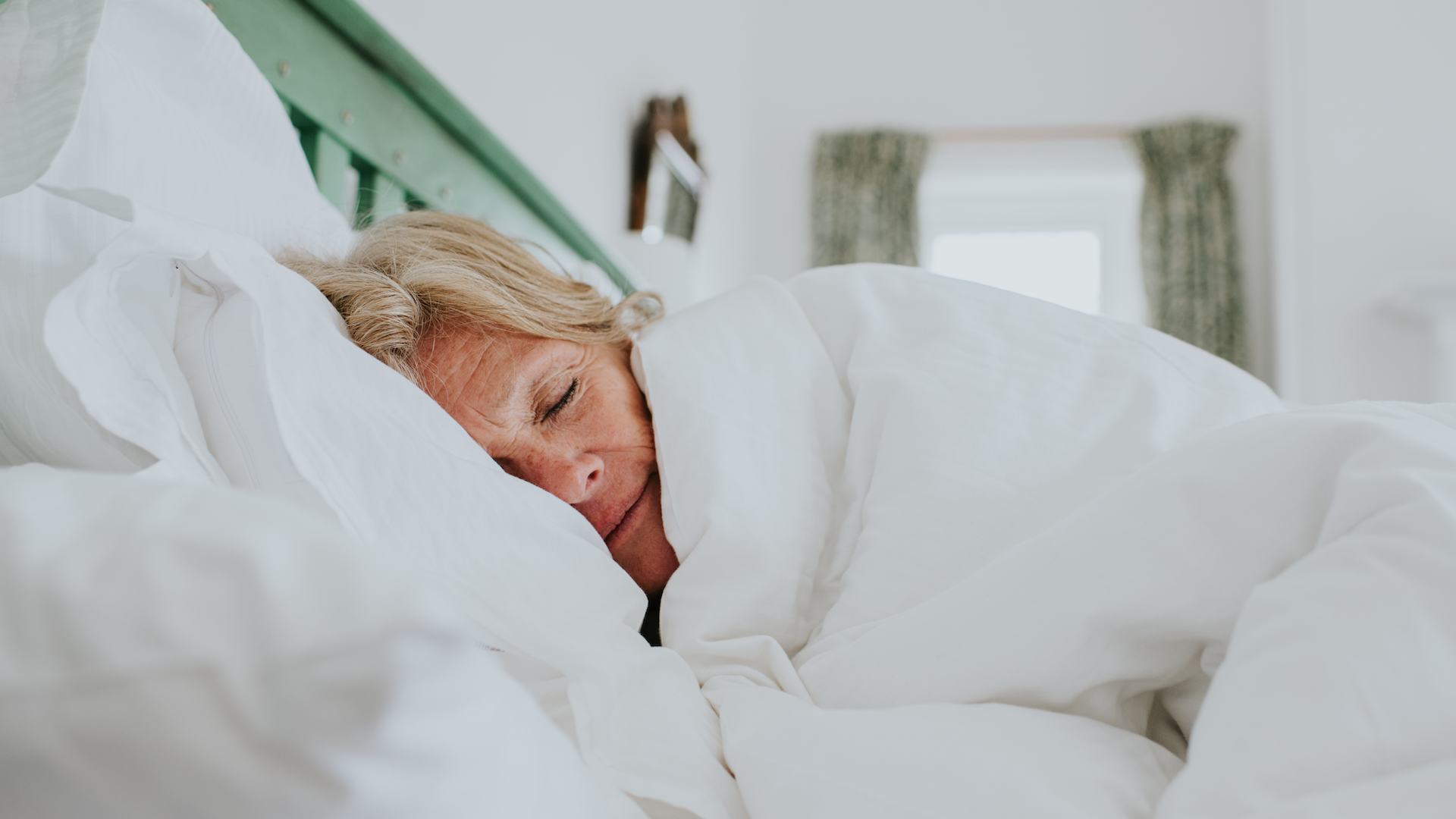
"Oestrogen levels fluctuate and gradually decline as women transition through the perimenopause and into the menopause and beyond," says Dr Aarthi Sinha, a GP and menopause expert, who works with Issviva. "There is often a gradual, subtle onset of a variety of symptoms, including insomnia." If you are consistently struggling to sleep, it's advisable to consult with your doctor.
Sign up to our free daily email for the latest royal and entertainment news, interesting opinion, expert advice on styling and beauty trends, and no-nonsense guides to the health and wellness questions you want answered.
Your cortisol may rise

"It is less well known that cortisol, a stress hormone, naturally starts to rise around the time of perimenopause," points out Dr Fiona MacRae, a hormone specialist at the Marion Gluck Clinic. "Elevated levels can cause side effects like increased anxiety and suppressed immune regulation."
You hair may thin
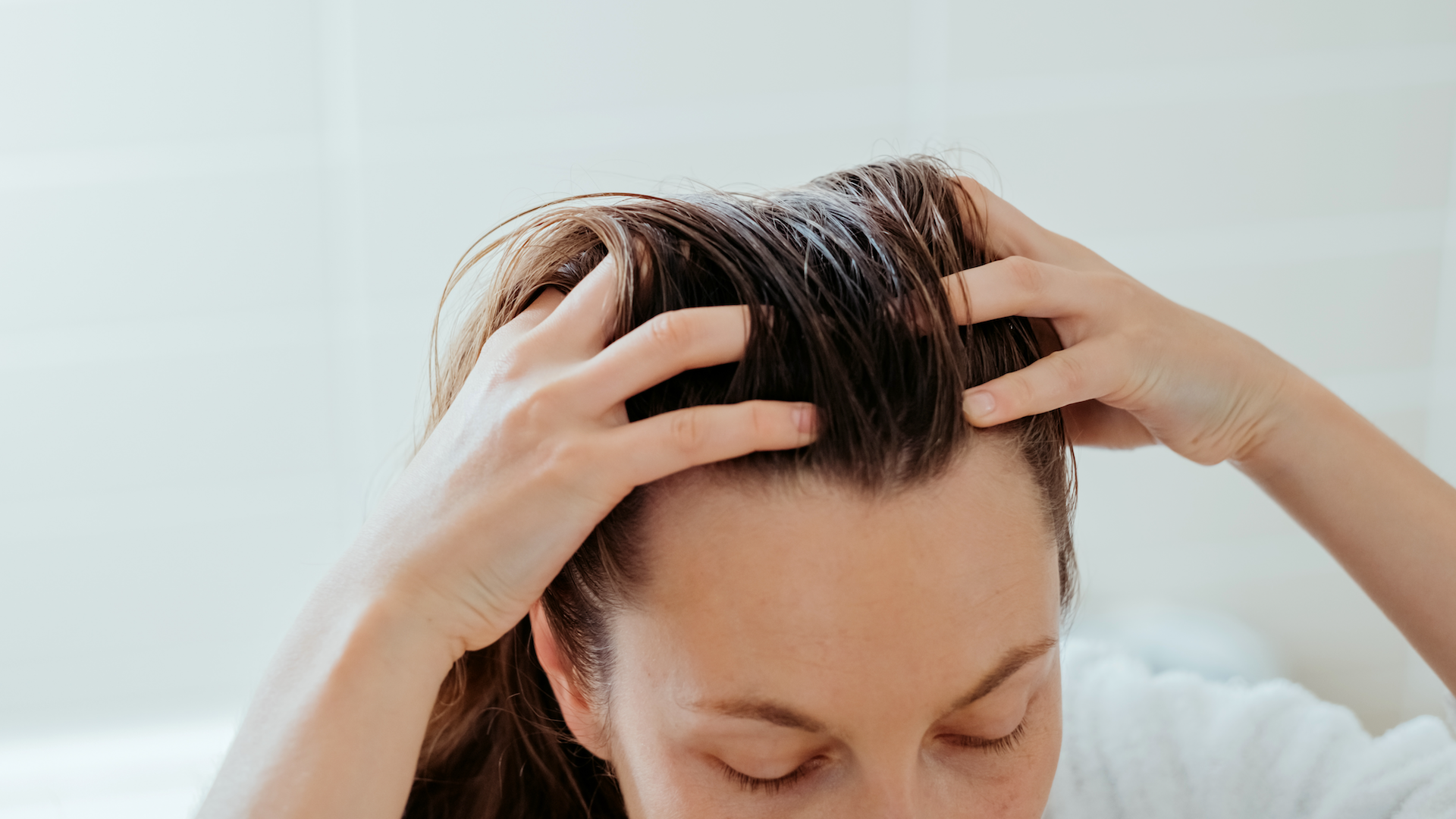
"Oestrogen, which plays a vital role in maintaining healthy hair growth, naturally declines during this stage of life and at the same time, the relative increase in androgens - male hormones present in all women - can disrupt the hair growth cycle," explains Dr Manish Mital, a hair transplant surgeon at Mittal Hair Clinic. "The result is often thinning and reduced volume."
Your skin may thin
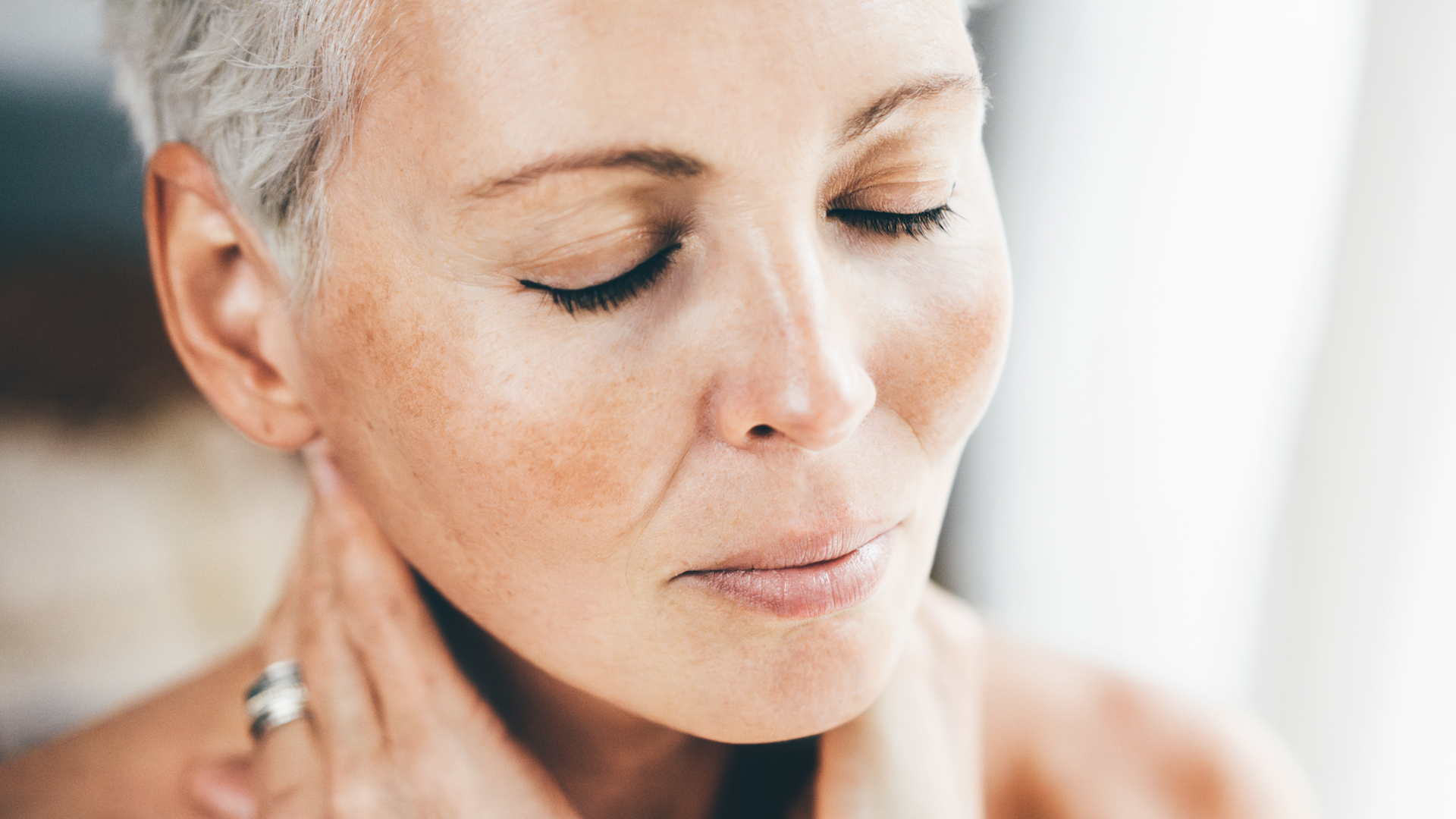
"Skin may become thinner," says Dr Naomi Potter, a menopause expert and founder of the clinic Menopause Care. "Studies show that nearly half (46%) of women experience skin symptoms. These changes are usually linked to declining oestrogen levels, which impact things like collagen levels and hydration." If you are worried about changes to your complexion, then it could be worth making an appointment with a dermatologist for specialist advice.
Your cardiovascular health may change
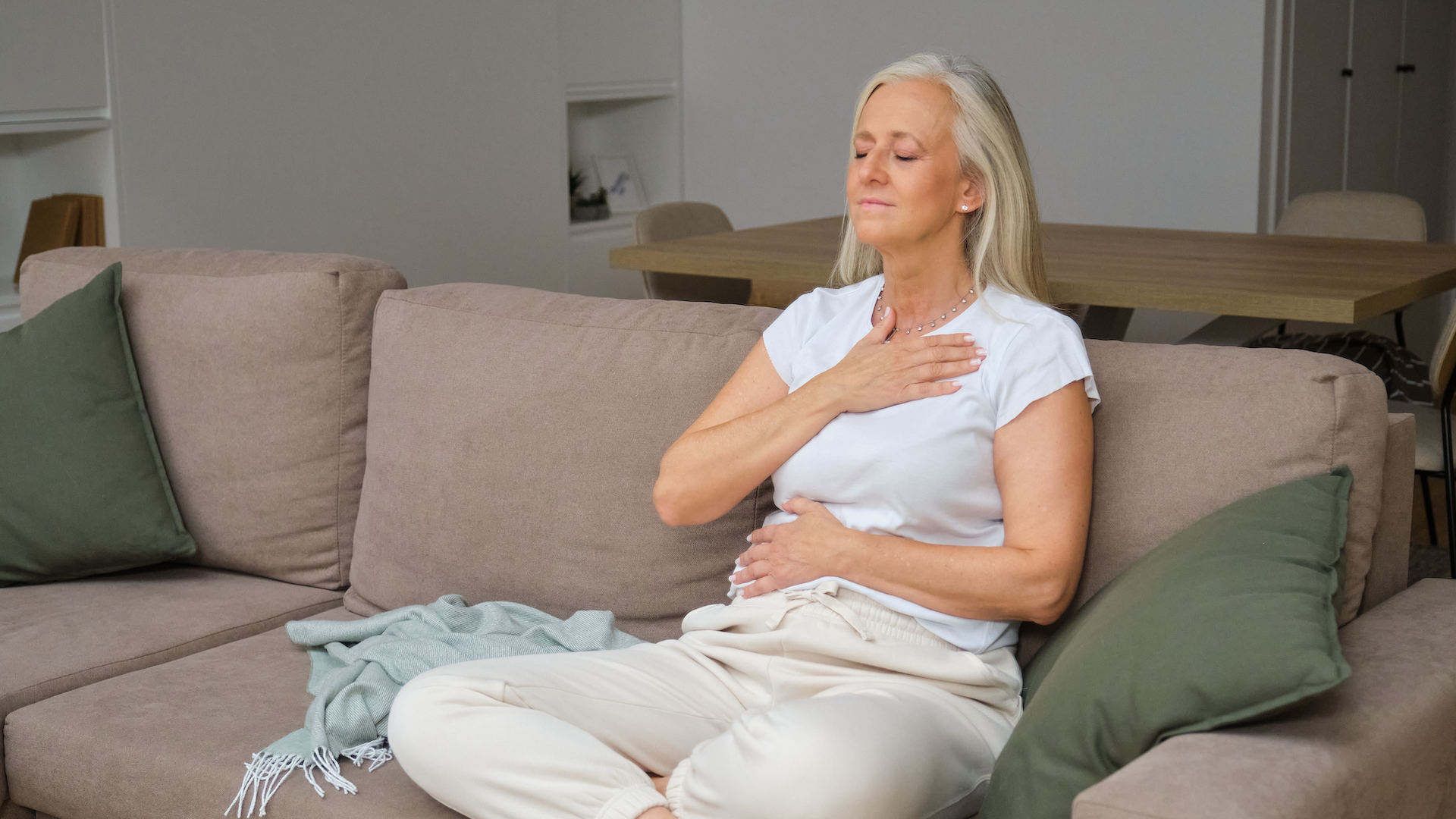
"The cardiovascular system is influenced by falling oestrogen levels," says Dr Gosia Wamil, a consultant cardiologist at Mayo Clinic Healthcare in London. "Oestrogen has protective effects on blood vessels and cholesterol metabolism - so, after menopause, women may notice changes in their blood pressure, cholesterol profile or even the way their heart and circulation respond to stress."
Your eyes may feel different

“Women in perimenopause and menopause may notice they begin to suffer with itchy, dry eyes, or the opposite - that their eyes are overly watery," says Mr Alastair Stuart, ophthalmic consultant surgeon and medical director at Optegra UK. "This is 'dry eye syndrome', which can be caused by hormone changes and is very common for women. Without proper tear function, your eyes are less likely to blink away debris or clear out bacteri,a which may lead to infection. It can also cause an uncomfortable, gritty feeling throughout the day."
Your breasts may change
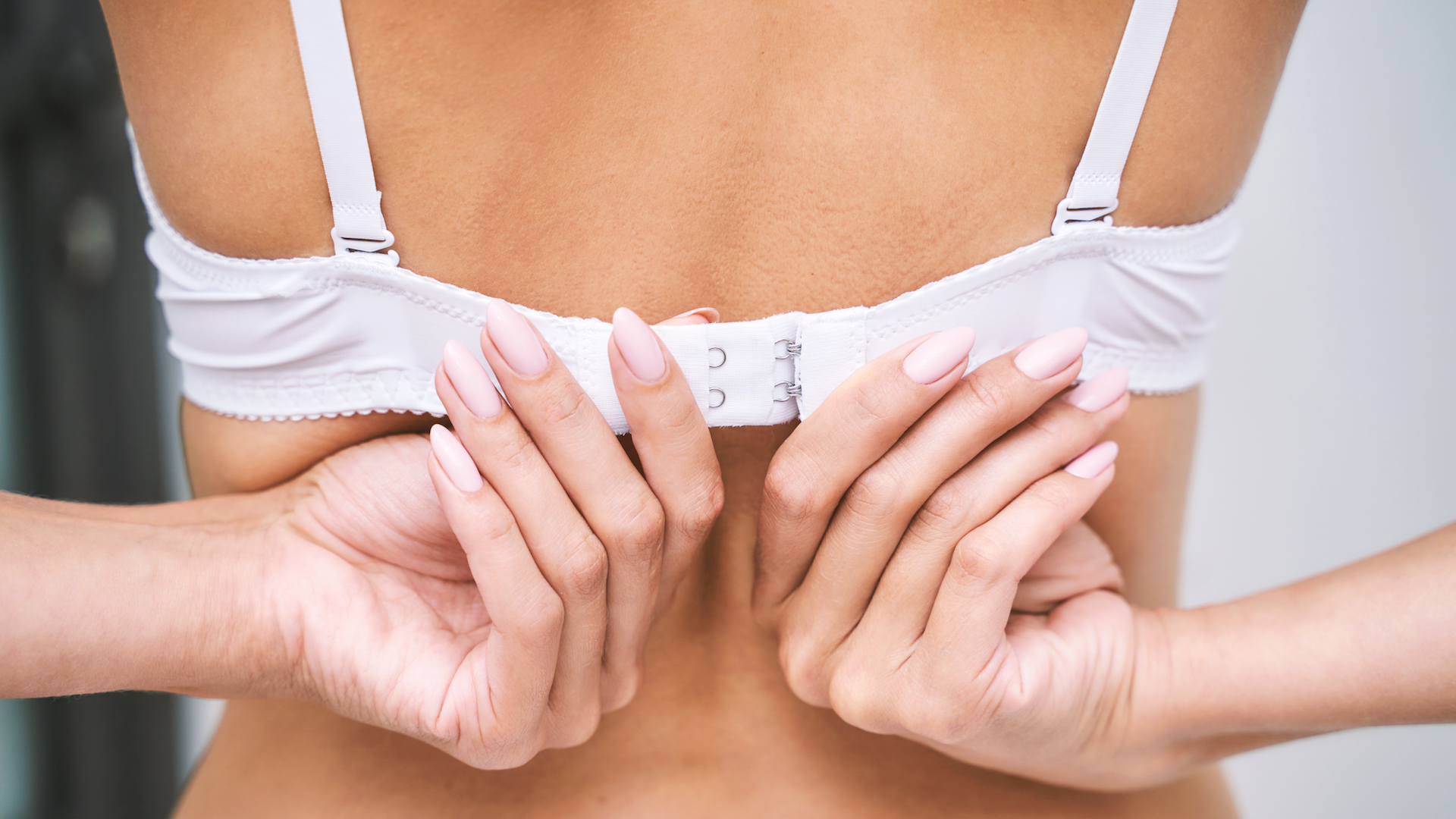
"As women move through perimenopause into menopause, many notice a loss of breast volume - or 'deflation'," says Dr Fulvio Urso-Baiarda, a consultant plastic, a reconstructive and aesthetic surgeon at Berkshire Grove Hospital. "But some experience the opposite - dramatic breast enlargement which, combined with loss of tissue support, can lead to pendulous heavy breasts." If you are concerned, it's best to seek medical advice.
You may experience 'pins and needles'
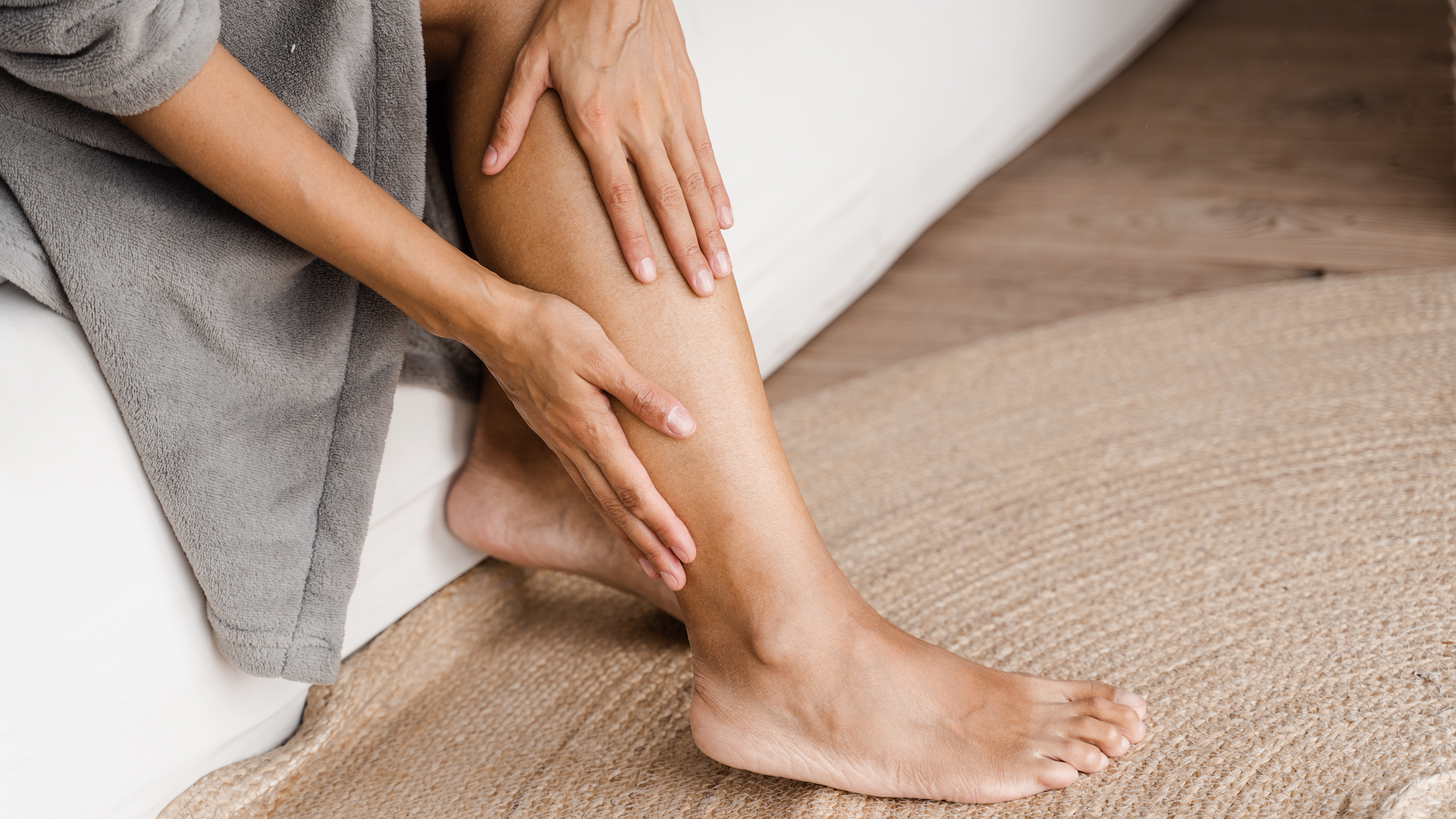
"As women get older, their bodies undergo natural changes, including the transition through perimenopause and menopause," says Dr Bal Sagoo, an obstetrics and gynaecology consultant specialist in menopause and women's health at Berkshire Grove Hospital. "Some of the most common symptoms include tingling in the limbs or 'pins and needles'." If you are concerned about anything, it's best to consult with a doctor.
You may have brain fog

“Many people are aware of hot flushes and night sweats, but the changes that can occur during perimenopause and menopause can affect the body in many ways," says Dr Zahra Damji, a GP and women’s health lead at Boots Online Doctor. "This is due to hormonal changes during this life stage, in particular the drop in oestrogen - and can cause symptoms like brain fog."
You may suffer bladder problems
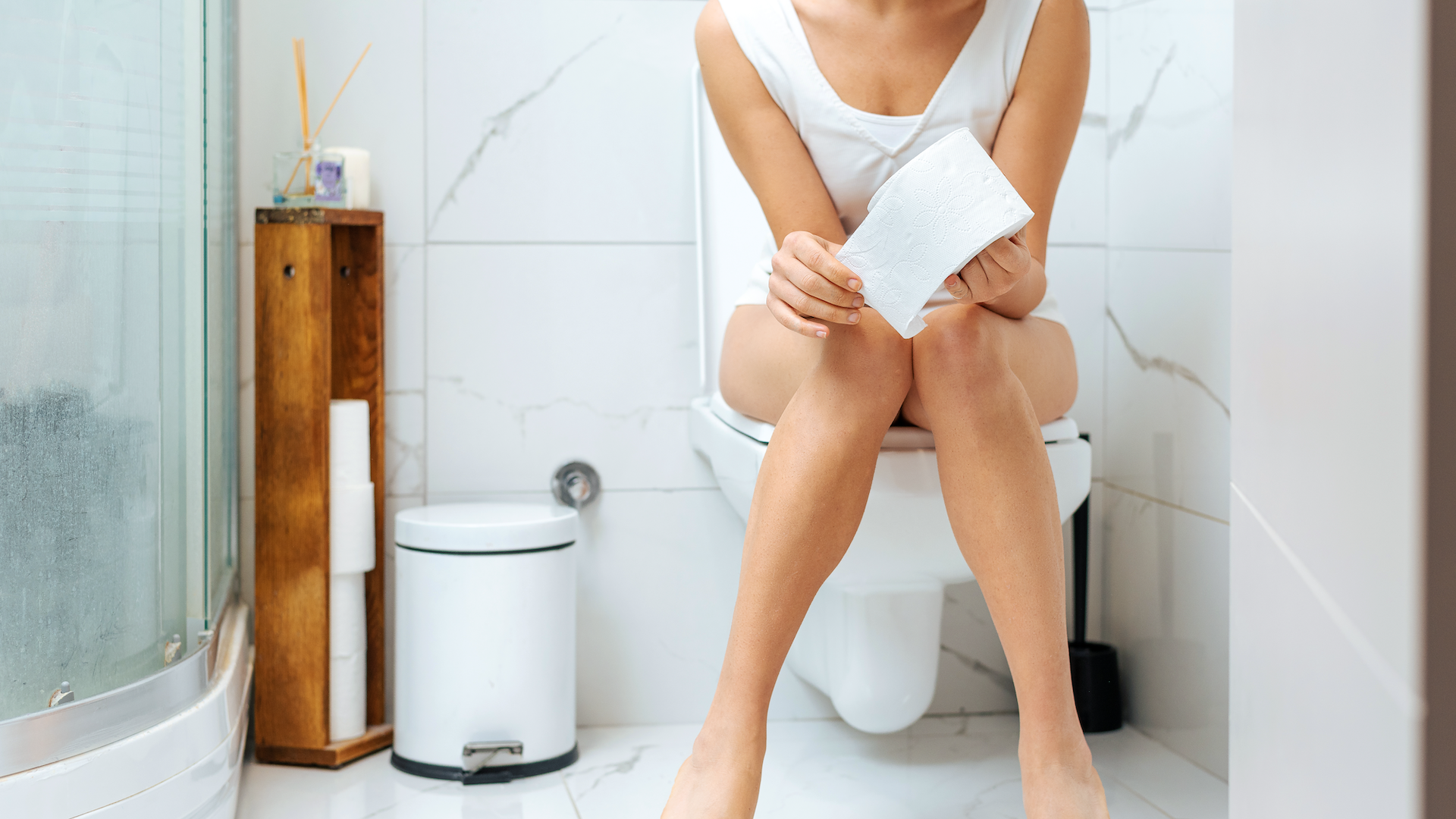
"Some women can experience vaginal symptoms like bladder problems as they get older," points out Dr Adiele Hoffman, medical advisor at Flo Health. "Research has shown rates are lowest in women 30 to 35, but peaked equally in women aged 51 to 55 and those 56 and over."
You may experience breakouts
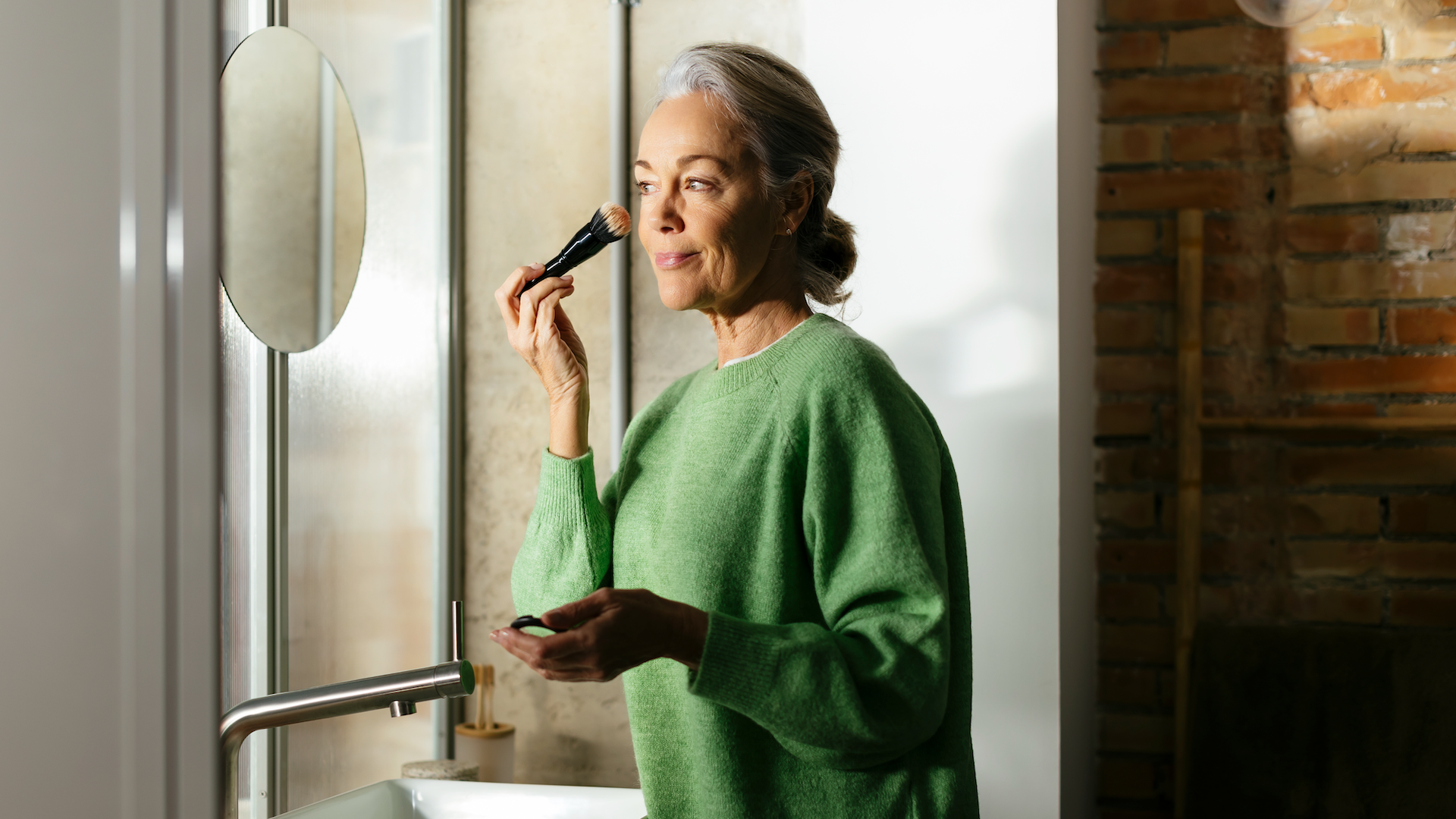
"The perimenopause and menopause bring a wide spectrum of changes, many of which are much less commonly discussed," says Dr Sophie Shotter, an aesthetic doctor trained in bioidentical hormone replacement therapy. "This can include skin changes - including, in some cases, breakouts."
Your fat distribution may change

"Perhaps less widely known, but profoundly impactful, is how the fall is oestrogen levels can affect a woman’s fat distribution," notes Emily Schofield, a certified personal trainer and gym manager at Ultimate Performance. "Oestrogen shapes how and where fat is stored, which usually encourages a pattern around a woman’s hips and thighs - once the oestrogen levels begin to fall, fat begins to accumulate centrally, most notably around the midriff."
Your voice may change
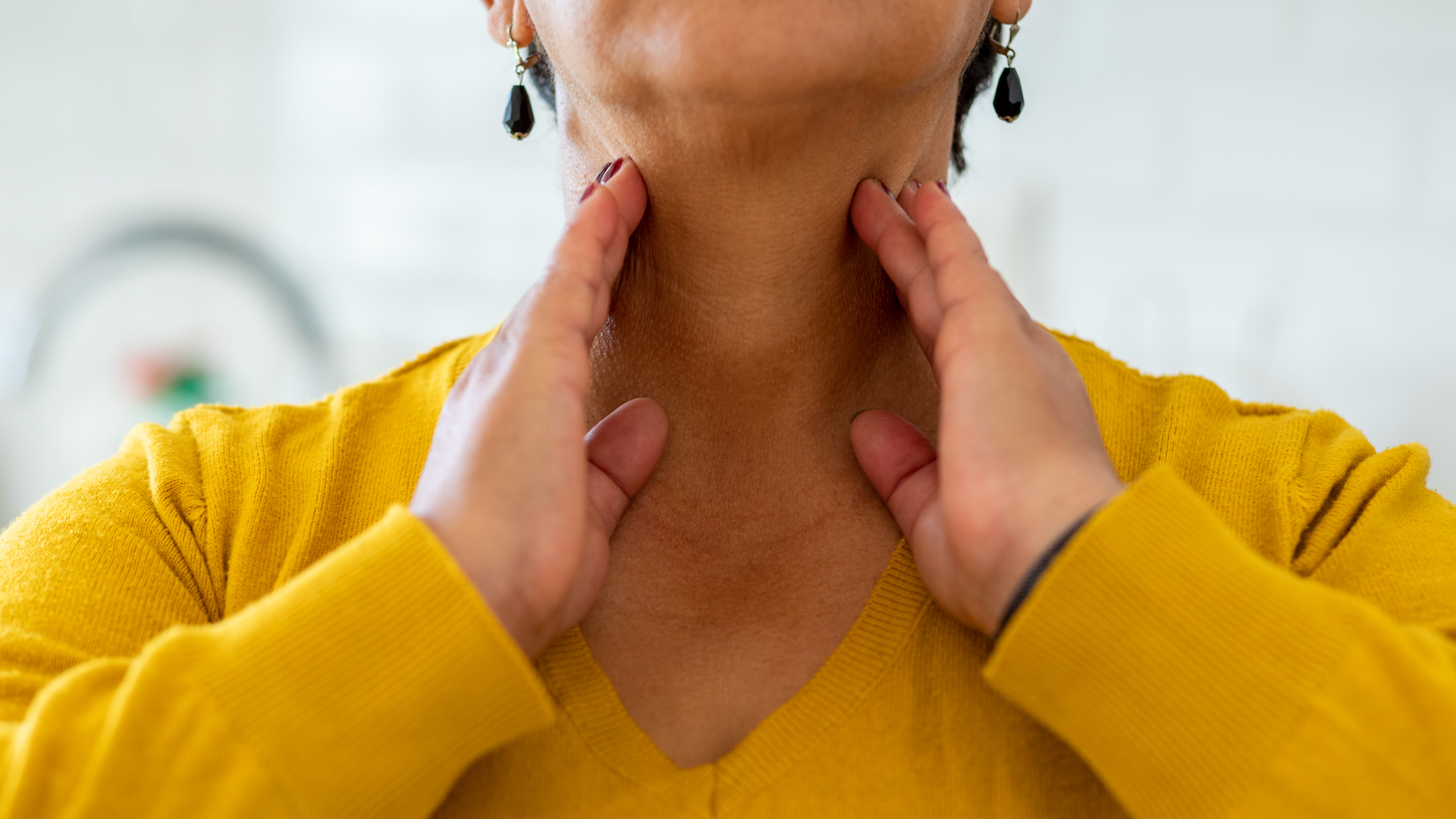
"When oestrogen starts to fall, it's like a dimmer switch is being turned down on hormones that have quietly supported every corner of the body for decades," explains Dr Amina Hersi, a GP and founder of PolyBiotics. "That is why women may notice things they did not expect - including even the pitch of their voice."
Your pelvic floor may weaken
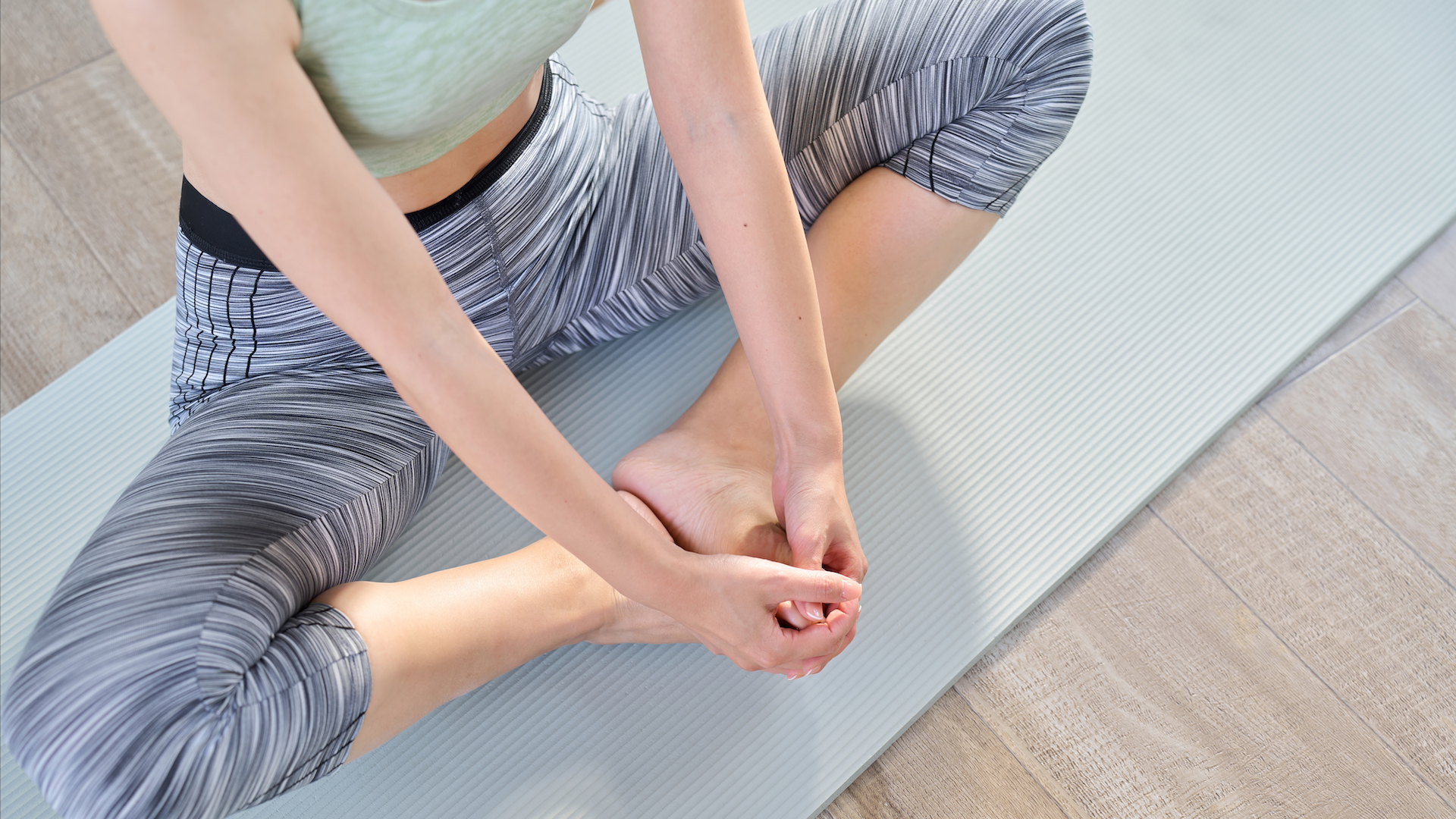
"There can be a change in the pelvic floor - lower oestrogen weakens pelvic tissues, which can contribute to urinary leaks or prolapse," explains Claire Mills, pelvic health physiotherapist and founder of Core LDN. "Pelvic floor exercises can help to keep your body resilient - Pilates, particularly reformer, is a fantastic way to help this."
You may have lower sex drive
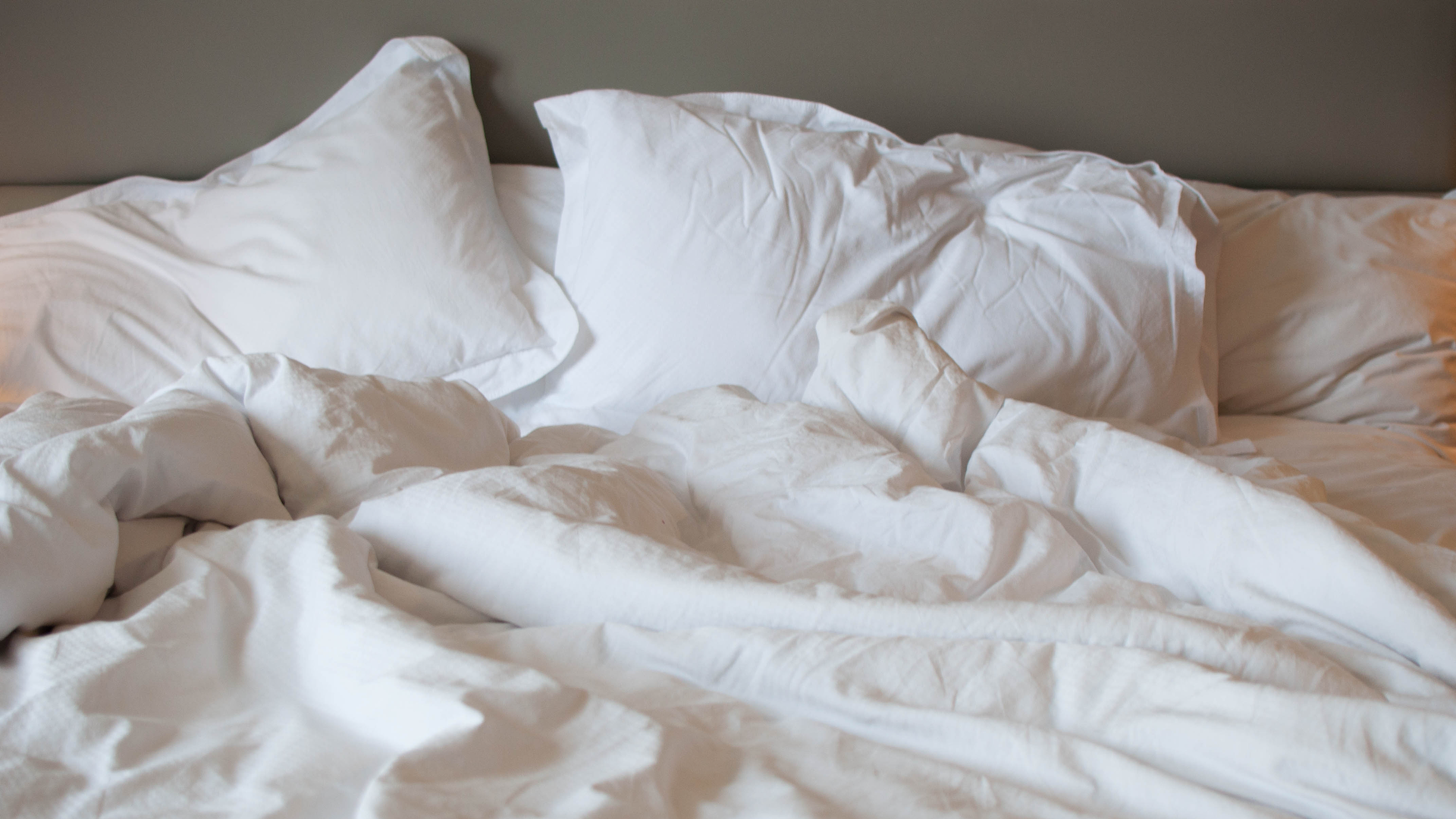
"Testosterone and androgen imbalance can manifest in the form of a loss of sexual drive," explains Dr Mahmoud Elkhouly, who works at The Ghanem Clinic in London. “We have to keep in mind the psychological, social and functional impact of symptoms such as these on women.”
Your muscles may ache

"Many changes which aren’t spoken about as often - including muscle aches," says Dr Priya Verma, GP and aesthetic doctor. "Oestrogen has a protective effect on joints, muscles and connective tissue. As levels drop, many women experience stiffness or unexplained aches."
You may have reduced saliva

“As oestrogen levels decline during menopause, we often see a reduction in saliva and mucous production, which can lead to a dry mouth,” explains Caitlin Miller, head of dental hygiene and therapy at Bupa Dental Care. “This creates a perfect environment for gum disease and tooth decay to develop."
You may have changes in body odour

"Many women are surprised by some of the lesser-known effects that declining oestrogen levels can have on their bodies," says Dr Shazia Malik, consultant obstetrician and gynaecologist at The Portland Hospital (HCA Healthcare UK). "This can include changes in body odour, with hormonal fluctuations affecting natural scent."
You may struggle with concentration

"People are familiar with hot flushes or changes in periods, but there are other, less well-known effects," explains Dr Gosia Wamil, a consultant cardiologist at Mayo Clinic Healthcare in London. "Some women also experience difficulties with concentration, which are linked to both hormonal changes and the brain’s response to them."
You could get more UTIs
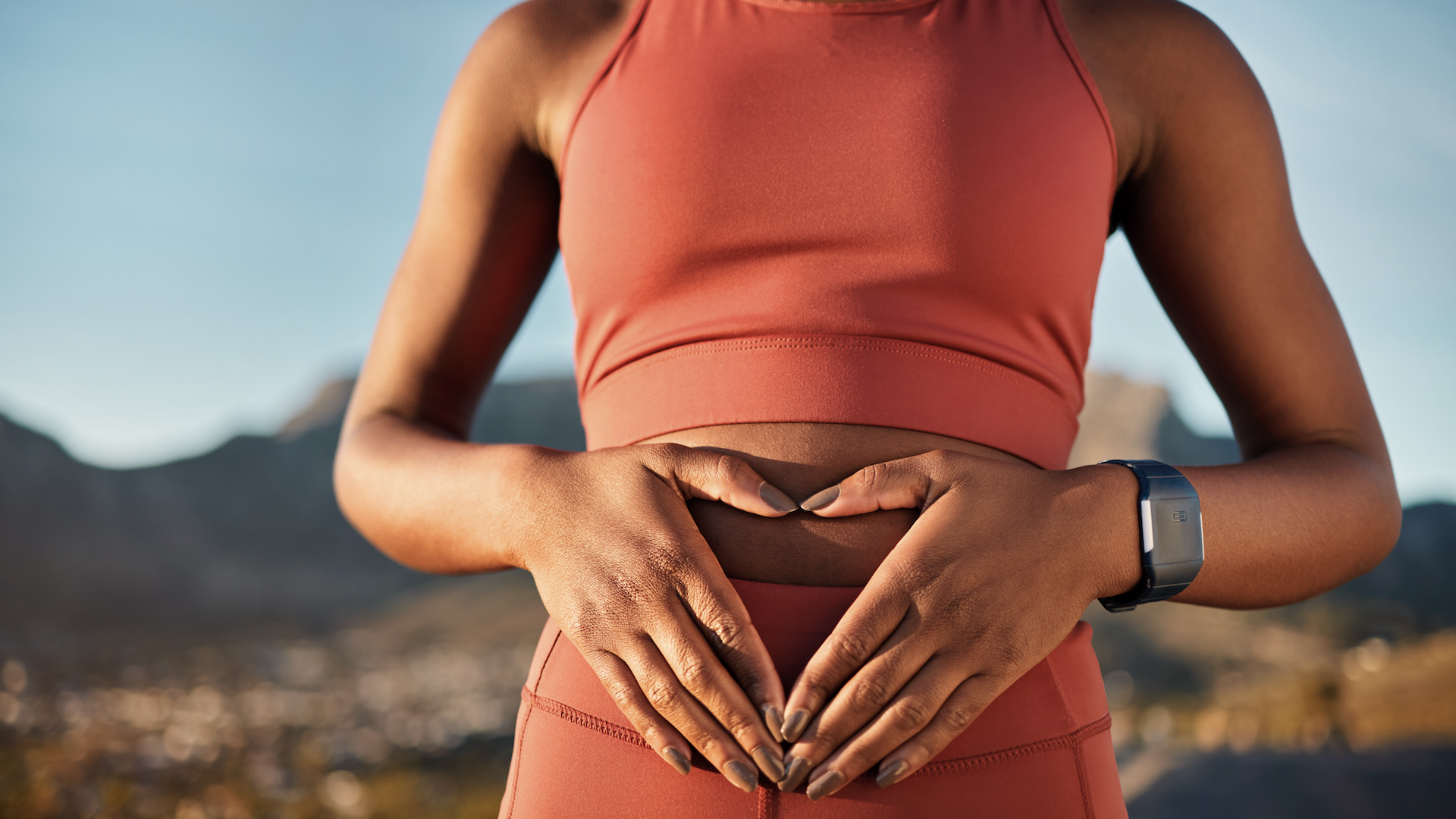
"An area many women can really struggle with is the impact on bladder and vaginal health," says Dr Martin Thornton, chief medical officer at Bluecrest. "Falling oestrogen levels can make the tissues in these areas weaker, which sometimes leads to urinary tract infections."
You may develop dry skin
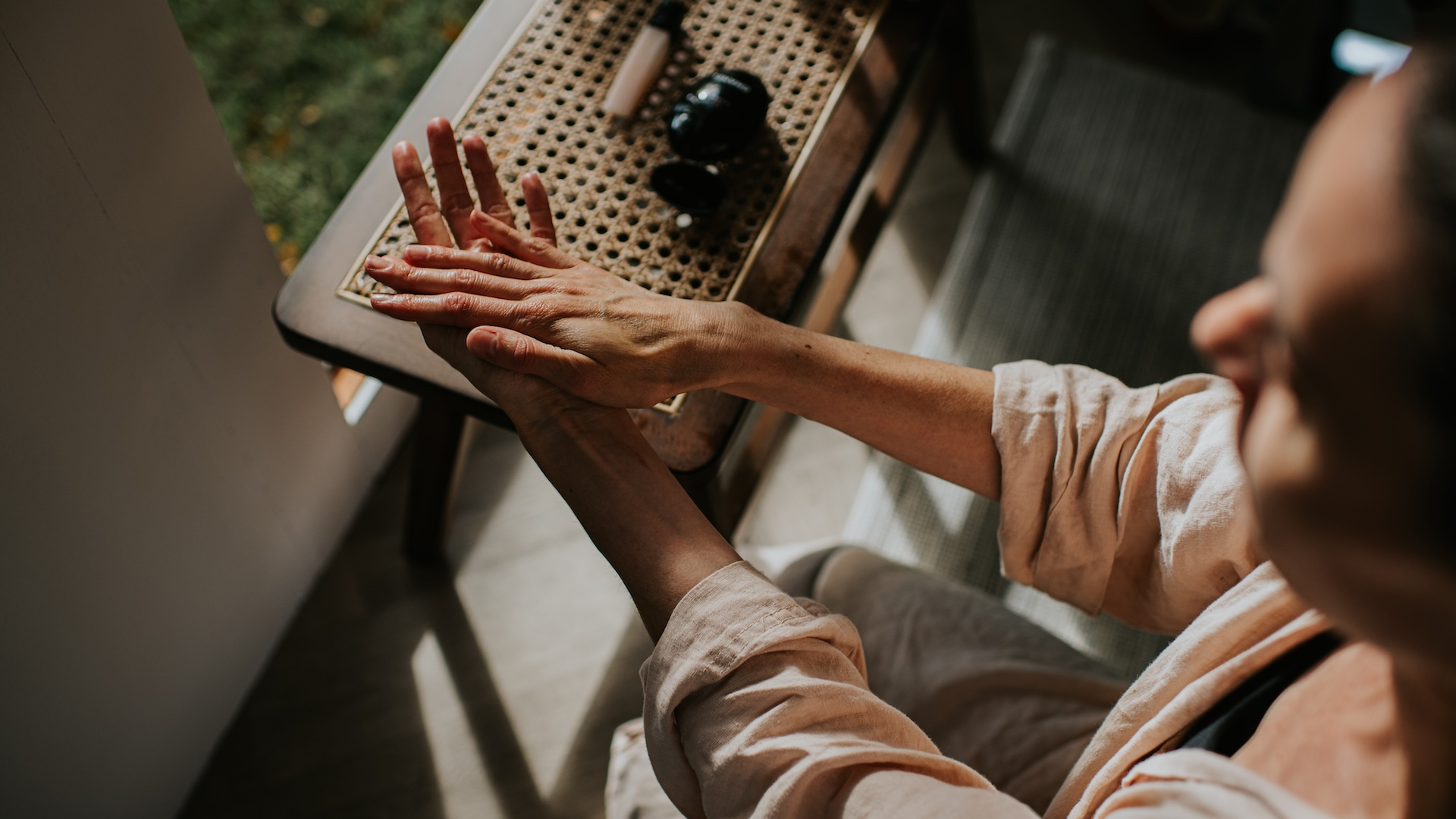
"Collagen production begins to decline gradually - about 1% per year from the mid‑20s - but during perimenopause and menopause this loss accelerates - women may lose up to 30 % of their skin collagen in the first five years after menopause," explains Dr Tanja Phillips, medical director of The HVN. "This accelerated loss contributes to skin dryness, among other things."
Your may experience bloating
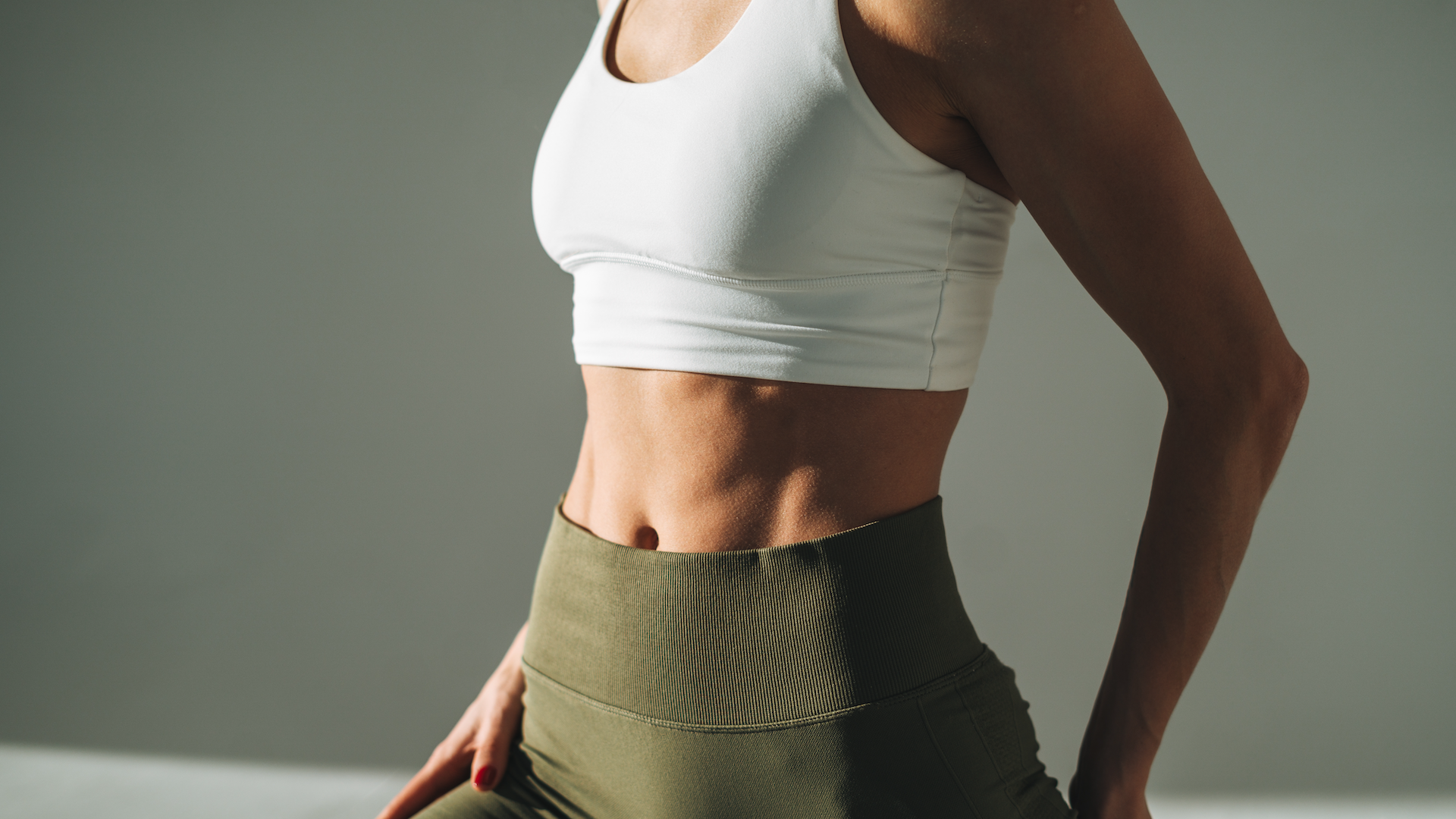
“You may experience a more bloated appearance," notes Dr Anatalia Moore, an NHS GP and cosmetic dermatologist. "Hormonal changes actually slow down digestive motility as well as alter the balance of the gut microbiome - this means many women are more prone to symptoms like gas and constipation, which can change the appearance of your waistline."
Your skin may become sensitive
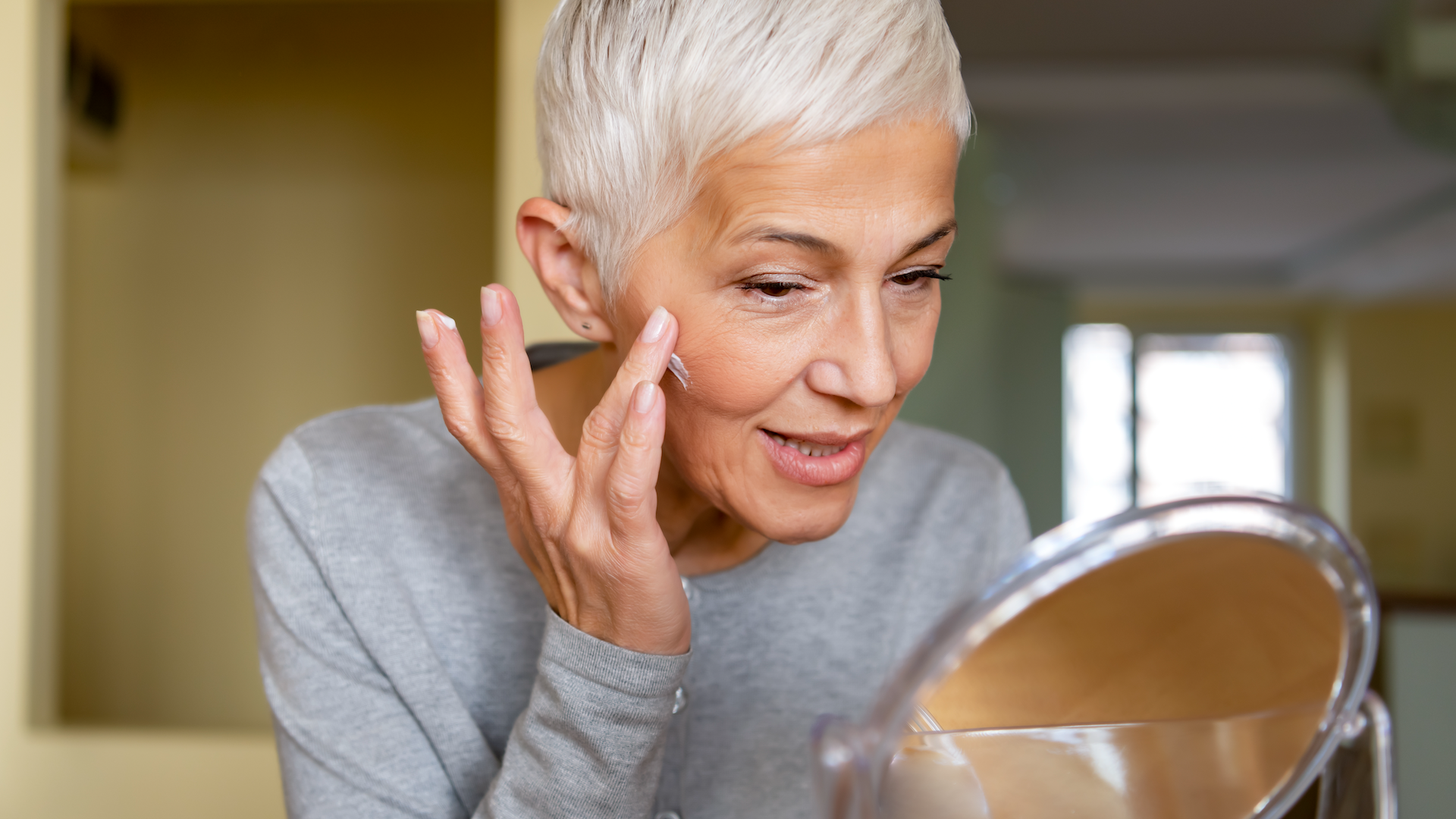
"Hormonal changes can lead to redness, rosacea and even sensations of burning and itching," warns Dr Anatalia Moore, an NHS GP and cosmetic dermatologist. “The drop in oestrogen and testosterone means that the skin is inherently unstable and unable to perform its functions of healing and providing a protective barrier against the elements."
You may experience muscle pain

"Many women experience new stiffness, aches or conditions like frozen shoulder and plantar fasciitis, which can appear or worsen due to hormonal changes," explains Dr Naomi Potter, a menopause expert and founder of the clinic Menopause Care. "All of this happens because oestrogen and progesterone don’t just control fertility - they influence almost every part of the body, from bone and joint health to the brain, skin and bladder."
Your emotions may heighten

"You can experience emotional changes - symptoms such as anxiety, and low mood are among the most widely reported symptoms, impacting mental health and daily function," explains Dr Naomi Potter, a menopause expert and founder of the clinic Menopause Care. "Mood swings and low self-esteem may also occur."
You could suffer with tinnitus
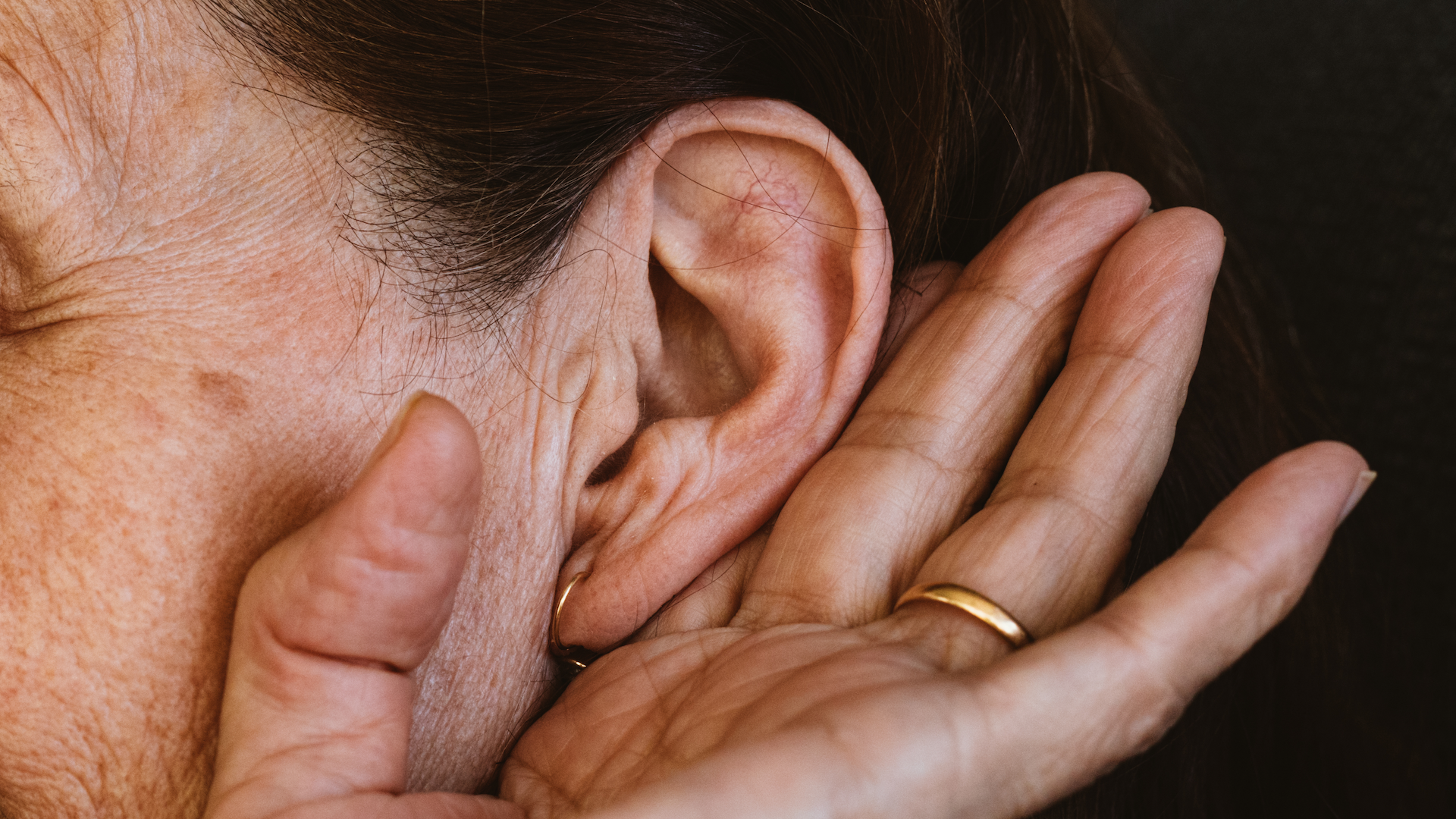
"Some women may experience tinnitus - a ringing or buzzing in the ears," says Dr Bal Sagoo, an obstetrics and gynaecology consultant specialist in menopause and women's health at Berkshire Grove Hospital. "Understanding the wide range of symptoms helps women in finding the right support and strategies to manage them."
You may experience headaches
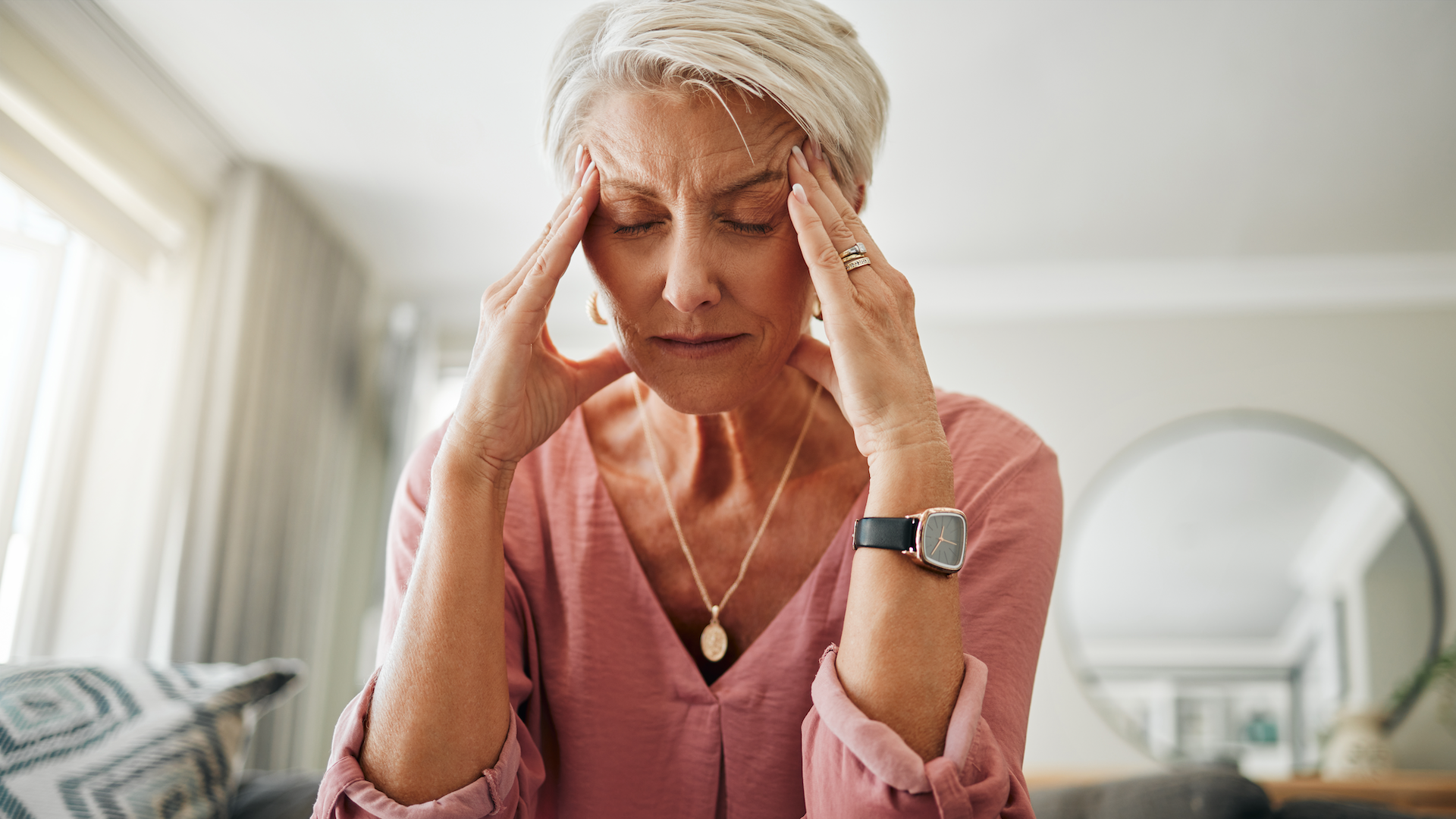
"Headaches - or dizziness, pressure or tightness in the head - are among some of the symptoms that women can experience," says Dr Bal Sagoo, an obstetrics and gynaecology consultant specialist in menopause and women's health at Berkshire Grove Hospital. "Recognising that these changes are linked to falling hormone levels can help women make sense of their symptoms and find effective ways of managing them."
You could experience bone issues

"It is important to look after your bone density as you go through menopause," insists Emily Schofield, a certified personal trainer and gym manager at Ultimate Performance. "As your oestrogen levels decline, it disrupts the balance of bone remodelling, making your bones more fragile. Weaker bones can make day-to-day life unbearably uncomfortable, painful, and can increase your risk of falls and fractures."
Your taste could change
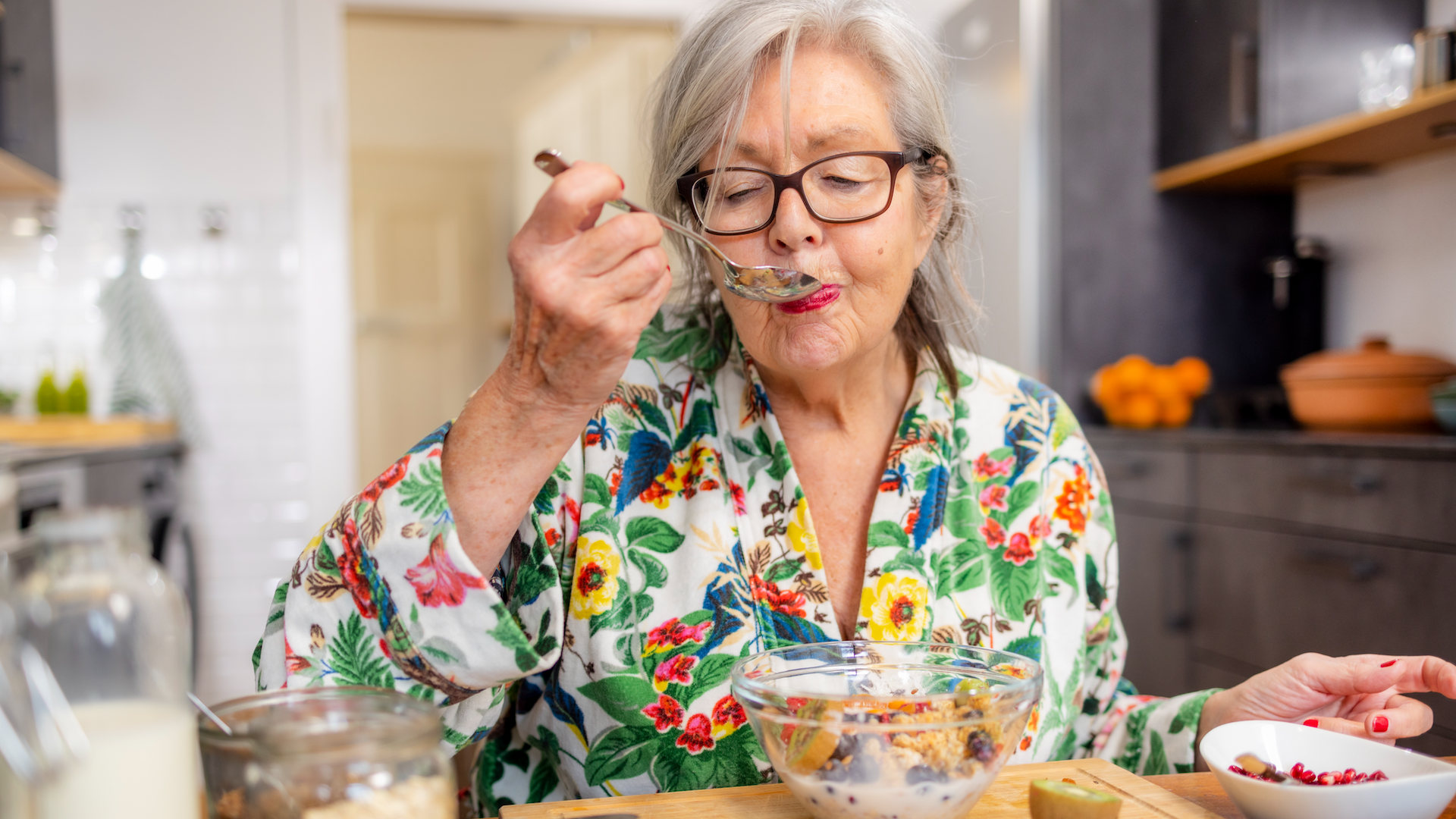
“Hormonal shifts can also affect taste perception and increase cravings for sugary foods,” says Caitlin Miller, head of dental hygiene and therapy at Bupa Dental Care. “This can raise the risk of tooth decay, especially if oral hygiene routines slip.” It is important to seek expert dental advice if you are concerned.

Lauren is a freelance writer and editor with a decade of print and digital journalism experience. While she specialises in covering health and wellness topics - ranging from nutrition and fitness, to women’s health conditions and mental wellbeing - she has written across a diverse range of lifestyle topics, including fashion, beauty, homes, royals and travel.
In addition to writing for Woman & Home and sister title Homes & Gardens, Lauren's work has also been published by Women’s Health, The Times, Daily Telegraph, Elle, Cosmopolitan, The Guardian, Marie Claire, Body + Soul, Stylist, Glamour, Grazia, Red, Dazed Digital, Yahoo Life, The Sun’s Fabulous, Get The Gloss and Hello! among others.
You must confirm your public display name before commenting
Please logout and then login again, you will then be prompted to enter your display name.